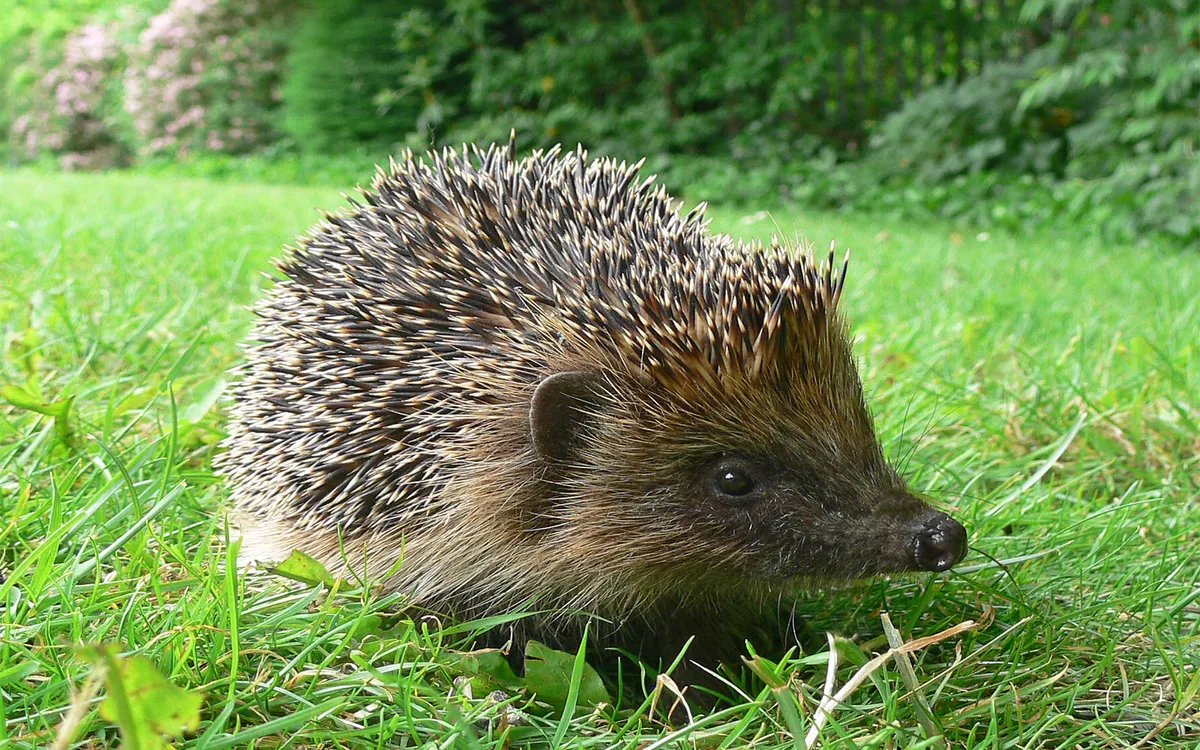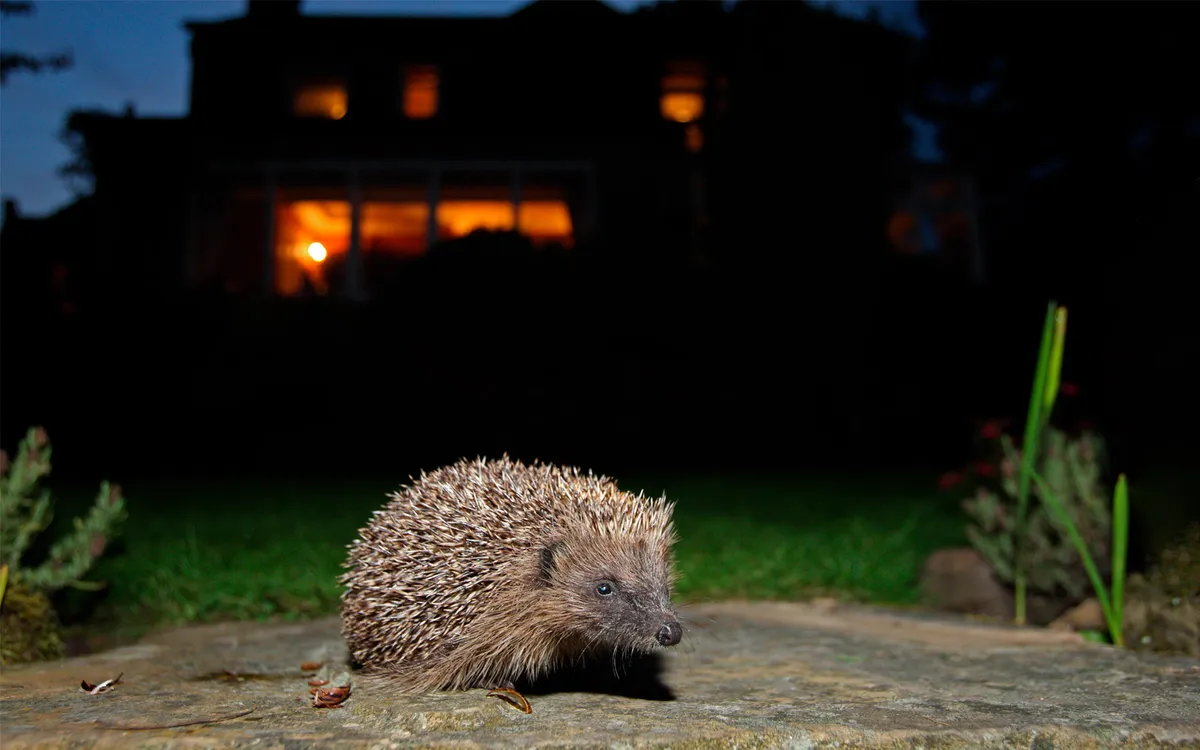Released today, the State of Britain's Hedgehogs 2018 report analysed hedgehog populations in rural and urban areas, and found that at least half of the UK's native hedgehogs have been lost from the countryside over the past two decades.
- Our guide to hedgehogs: where to see and how to help hedgehogs in your garden
- Best hedgehog houses for your garden
Wildlife charities, British Hedgehog Preservation Society (BHPS) and People's Trust for Endangered Species (PTES), say that loss of hedgerows and food sources have made it harder for the hedgehog to survive in rural areas.
Emily Wilson, Hedgehog Officer for Hedgehog Street, a public action campaign run by PTES and BHPS, said: “There are many reasons hedgehogs are in trouble. The intensification of agriculture through the loss of hedgerows and permanent grasslands, increased field sizes, and the use of pesticides which reduce the amount of prey available, are all associated with the plunge in numbers of hedgehogs in rural areas.”

BHPS and PTES are working with farmers, which around 70% of land in the UK, to attempt to halt the decline by encouraging farms to introduce more wildlife-friendly habitats suitable for hedgehogs and other wildlife.
“Farmers play a vital role in producing food, but they’re also well placed to help protect, maintain and enhance our countryside,” continued Wilson.
“The Government recently reiterated plans to reform the EU Common Agricultural Policy to reward landowners for delivering environmental benefits. Many farmers already have a sustainable approach to agriculture, and we think there’s a great opportunity to work more widely with them to stem the alarming decline of our country hedgehogs.”
Despite the results showing a decline in rural hedgehogs, it also shows a improvement for species in urban areas. Although hedgehogs have decline by a third in towns and cities since the Millennium, the rate of decline is slowing. They aren't disappearing as quickly as they were 15 years ago, and in some areas might even be returning.

How to get involved
Join the campaign 'Hedgehog Street', which aims to encourage people to help accommodate hedgehogs and other wildlife that depend on their gardens. This initiative has inspired over 47,000 'Hedgehog Champions' to sign up and make a difference.
Wilson said: “Urban and suburban areas are becoming increasingly important for hedgehogs, so we need more people in those locations to sign up as Hedgehog Champions. Hedgehogs are a generalist species, so the more people can do to help them in their own back garden, the more they will also benefit other wildlife.”
For more information on how to become a Hedgehog Champion, visit the Hedgehog Street website.